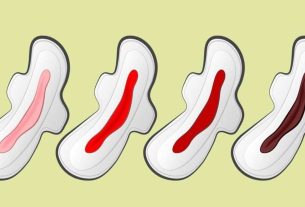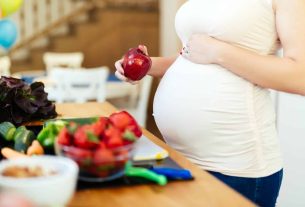Despite the food labeling follow standards, especially in Brazil, there are some products that are exempt from this process.
Throughout this content, we will show you what these foods are so that your purchase in the supermarket is even safer.
Follow along.
What is Food Labeling?
Before delving into exceptions, it is crucial to understand the purpose of food labeling.
In short, its main objective is to provide crucial information to the consumer, such as a list of ingredients, nutritional values, expiration date and storage instructions. All this in order to ensure that shoppers can make informed decisions about their food.
To know each item above in detail, simply access this content.
In the next topic, find out which foods are label-free.
10 types of food exempt from labeling
See the 10 foods that do not need to follow strict labeling rules below.
In Natura Fruits and Vegetables
Fresh fruits and vegetables, without processing or adding other ingredients, are generally exempt from labeling.
Fresh Meats
Fresh, raw meats without additives, seasonings or additional processing are commonly exempt from labels.
Eggs
Fresh eggs, without any alteration or processing, do not require detailed labeling.
Mineral water
Mineral waters and bottled waters without significant additives are, in many cases, exempt from detailed labeling.
Sal
Common table salt, without additives, often does not require a detailed label.
Pure Coffee and Tea
Coffee and tea without additions or blends are generally exempt from labeling.
Local Handcrafted Products
Food produced by hand on a small scale and sold locally may be exempt from some labeling rules.
Products with Just One Ingredient
Foods that consist of just one ingredient, such as mineral water, table salt or sugar, often do not require a detailed label.
Products with Packaging at the Point of Sale
Foods that are packaged at the point of sale, such as fresh bread packaged by the bakery at the supermarket, may be exempt from some labeling requirements.
Ready-to-eat foods on site
Foods prepared and consumed immediately at the point of sale, such as meals served in restaurants, often do not require extensive labeling.
See also | What should a diabetic look for on a food label?
Why are these foods exempt?
A labeling exemption for these foods is related to their simple nature and lower perceived risk to consumer health.
In this case, there is no need to fully comply with strict labeling standards, as for industrialized products, for example.
It is worth noting that regulations may vary between countries, so it is always recommended to check local regulations before purchasing any product.
By understanding these exceptions, consumers can make more informed choices and producers can be guided by applicable regulations.
Companies like Taina Alimentos they value this transparency in their products. After all, everyone correctly indicates the necessary information on the labels.
Find out more about the brand by accessing the website.

Sign up for our newsletter and stay up to date with exclusive news
that can transform your routine!
Warning: Undefined array key "title" in /home/storelat/public_html/wp-content/plugins/link-whisper-premium/templates/frontend/related-posts.php on line 12
Warning: Undefined array key "title_tag" in /home/storelat/public_html/wp-content/plugins/link-whisper-premium/templates/frontend/related-posts.php on line 13




